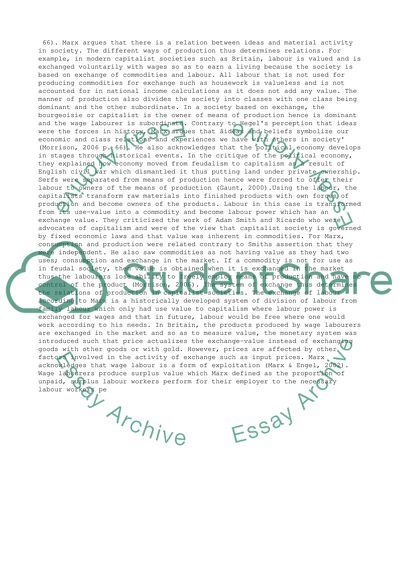Cite this document
(“Social Theory Essay Example | Topics and Well Written Essays - 3000 words”, n.d.)
Retrieved de https://studentshare.org/management/1392872-social-theory
Retrieved de https://studentshare.org/management/1392872-social-theory
(Social Theory Essay Example | Topics and Well Written Essays - 3000 Words)
https://studentshare.org/management/1392872-social-theory.
https://studentshare.org/management/1392872-social-theory.
“Social Theory Essay Example | Topics and Well Written Essays - 3000 Words”, n.d. https://studentshare.org/management/1392872-social-theory.


